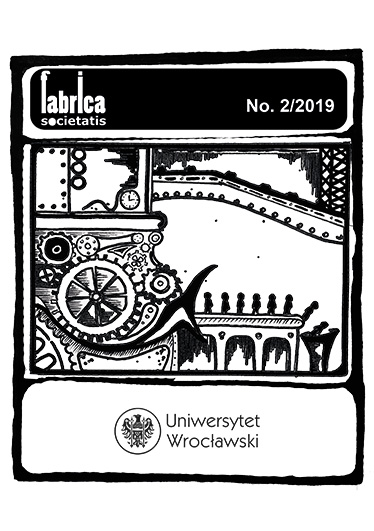

Artykuły

The influence of Puritanism on the formation of the “American »Self«”–despite criticism based on the perspective of multiculturalism or the so-called New American studies–is still an important element of identity creation, especially in the light of sexual ethics. Puritans as scripturalists (those who root their beliefs in the radically literary reading and interpretation of the Bible) have parted with the Catholic vision of women and female sexuality, pointing out that the Scripture views the woman as the companion who supports the man, which should be assessed positively. They have also rejected the Catholic view that marriage is worse than celibacy and virginity, as well as countered the demonisation of the sexual act and the pleasure derived from it. However, they have adopted an affirmative attitude to marriage, the sexuality placed within it, and the emotional relationship between the spouses. In the 19th and 20th centuries, this standard was taken up by Evangelicalism and Protestant Fundamentalism. Both religious movements represent affirmative approaches to sexuality, placing the sexual act in the context of a romantic emotional relationship. However, its character is to be conservative, i.e. heterosexual and monogamous. These movements approach the so-called “non-standard” sexual behaviours (oral sex, anal sex, fetishism and non-heteronormative acts that might be included here) in a rather restrictive way. The same goes for masturbation or pornography. Especially in the case of those former phenomena, the perception seems to be changing, which leads to views that are absent in Catholicism, namely the allowing of contraception, in vitro fertilisation, and abortion in justified cases.

This work is licensed under a Creative Commons Attribution-NonCommercial-NoDerivatives 4.0 International License.